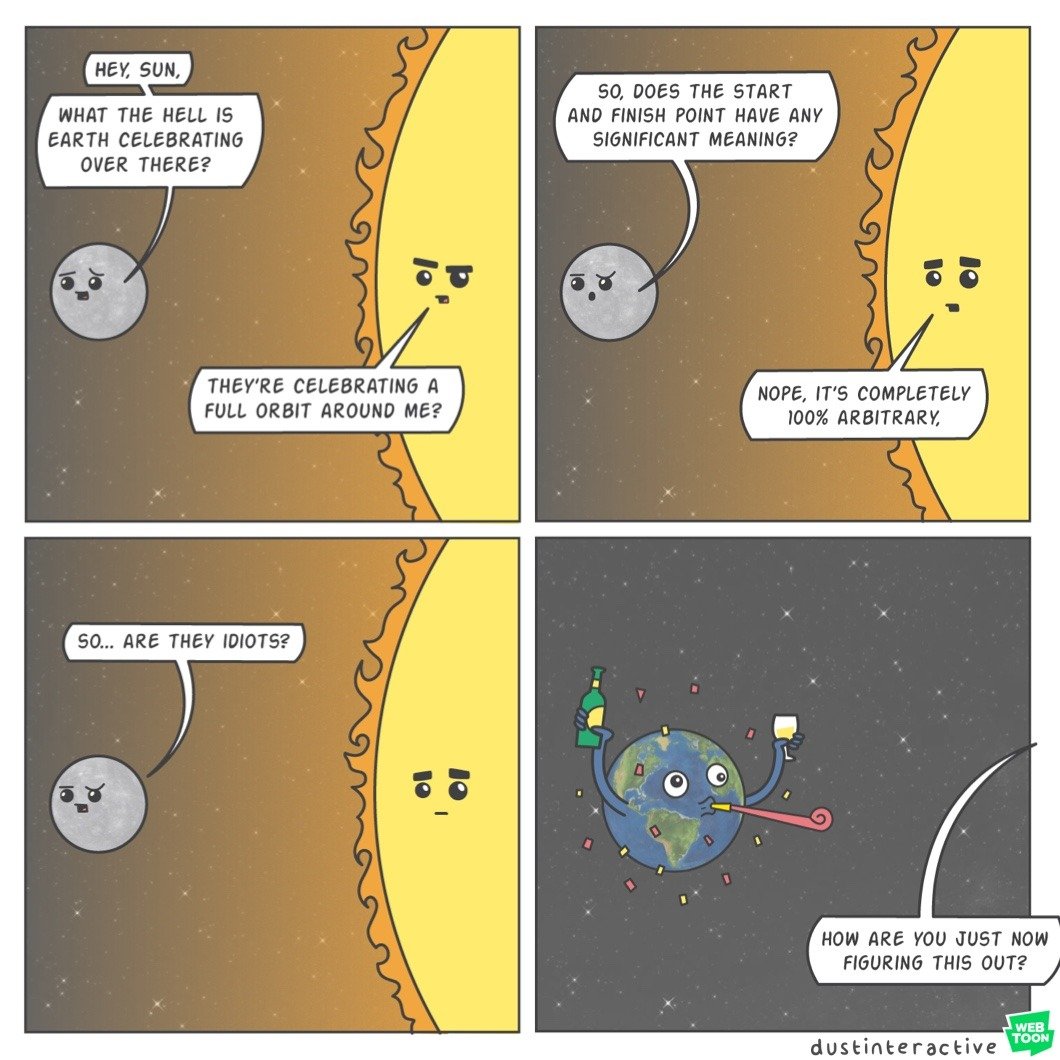this post was submitted on 31 Dec 2024
696 points (93.3% liked)
Comic Strips
14108 readers
2892 users here now
Comic Strips is a community for those who love comic stories.
The rules are simple:
- The post can be a single image, an image gallery, or a link to a specific comic hosted on another site (the author's website, for instance).
- The comic must be a complete story.
- If it is an external link, it must be to a specific story, not to the root of the site.
- You may post comics from others or your own.
- If you are posting a comic of your own, a maximum of one per week is allowed (I know, your comics are great, but this rule helps avoid spam).
- The comic can be in any language, but if it's not in English, OP must include an English translation in the post's 'body' field (note: you don't need to select a specific language when posting a comic).
- Politeness.
- Adult content is not allowed. This community aims to be fun for people of all ages.
Web of links
- [email protected]: "I use Arch btw"
- [email protected]: memes (you don't say!)
founded 2 years ago
MODERATORS
you are viewing a single comment's thread
view the rest of the comments
view the rest of the comments

In this case I might argue that there are more "natural" points of reference (eg. solstices/equinoxes).
We use political/religious markers instead which are completely irrelevant to the planet's orbit.
I mean, winter solstice is a little more than a week away, I'd say that was probably a significant influence on the designation of end of the year.
The Julian calendar, the predecessor to the modern Gregorian calendar, didn't quite fully account for leap year shenanigans, and so drifted be about 1 day every century. The Gregorian calendar changed the way leap year works, but didn't reset the beginning of the year. It just froze the drift where it was at the time.
https://en.m.wikipedia.org/wiki/Gregorian_calendar